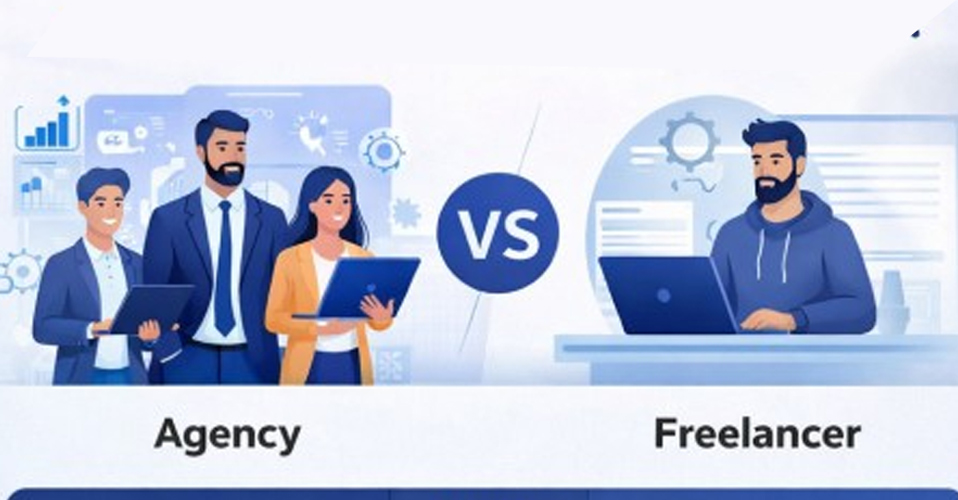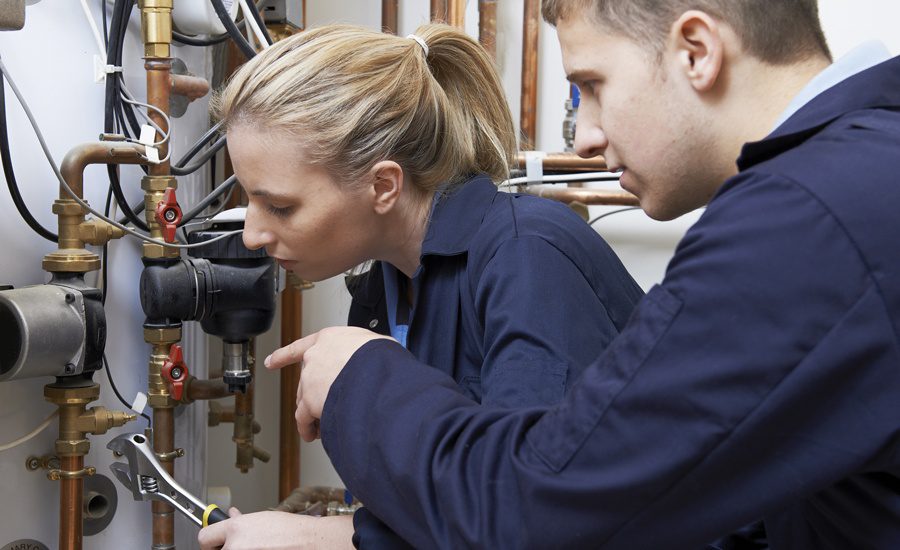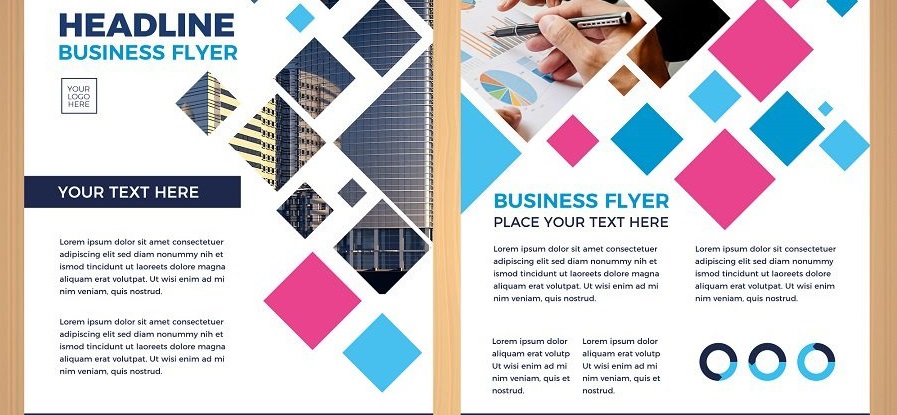With so many makes and models, so much goes into a new car purchase that it is challenging to narrow down the various choices to the perfect vehicle. Here is some help to deal with all the variables through a cost-benefit analysis of small versus large cars.
After going through the pros and cons of small and large vehicles, you will have a much better idea of what you want from your new car purchase.
So, here are some things to look at when buying any car, the pluses and downsides of a compact car, and the costs and benefits of buying a large vehicle.
What to Look for When Buying Any Vehicle
Car buying is an arduous process, but it does not need to be that way. So, if you choose to buy a mini cooper online, or any other type of vehicle, do your research first. There are outstanding car dealerships that work hard to be as straightforward as possible.
So, they put all the tools you need to customize your car-buying experience online. They even put their team a mere click away so that you can chat with them to answer all your questions promptly.
Finally, you can trade your vehicle online and schedule a day for them to deliver your new car entirely online as well.
Costs and Benefits of a Small Vehicle
If you wish for a smaller vehicle, you will want to ensure safety. The fact is that a compact car might be in trouble in an accident if it is dinky.
Still, as long as the manufacturer makes the vehicle properly, it will have satisfactory safety ratings. Another downside to compact cars is that they are incapable of hauling anything much.
That a compact vehicle cannot tow is common sense. They are smaller than most things they would haul and have less trunk space.
While it makes plenty of sense to purchase a small vehicle, there are still some downsides, as there are with any car.
One of the most significant benefits of a smaller car is saving plenty of money at the pump. Smaller vehicles weigh less than larger trucks and cars.
So, they take less power to get up to speed, meaning they guzzle less gasoline than oversize vehicles. Another huge upside to purchasing a smaller vehicle is that they are cheaper to maintain.
Often, you will need only minimal maintenance when you purchase a compact car, which means vast savings over the vehicle’s lifespan.
Small vehicles save plenty of money, both upfront and for the long haul. So, compact cars can be an excellent idea.
Costs and Benefits of a Large Vehicle
More materials make large vehicles cost more upfront than compact cars. Apart from this, large vehicles guzzle a ton of gas, and you will wind up paying thousands more over the car’s lifespan because of gasoline with a larger car.
Large trucks and SUVs guzzle gas because they have horrible fuel economy, making it tough to keep the gas tank full. These are some of the added costs to consider when choosing a larger car or truck, though there are still plenty of positives to going in this direction.
There are significant positives to choosing to drive a large vehicle. The first and most vital is that large cars do better in accidents overall. A larger car will take less damage from significant collisions than a small, dinky car, which means everything to some people.
Beyond accident safety, large vehicles will present the opportunity to seat more people than a compact car, an essential to many people, especially parents. When doing your cost-benefit analysis, keep these positive features in mind.
No matter what type of car you decide to buy, you will need to consider the pros and cons. By reading about the costs and benefits of small and large vehicles, you can narrow your search for the perfect new car.
So, look for certain things in any car you buy, look into the costs and benefits of a compact car, and check the costs and benefits of a larger vehicle. Buying a car can seem impossibly complex at first, but a cost-benefit analysis is precisely the thing you need to simplify and make your purchase.

















Add Comment